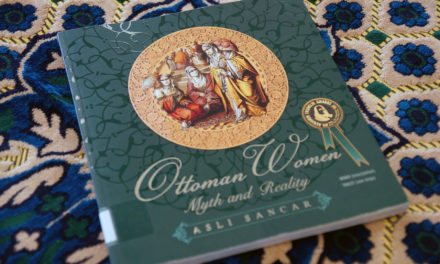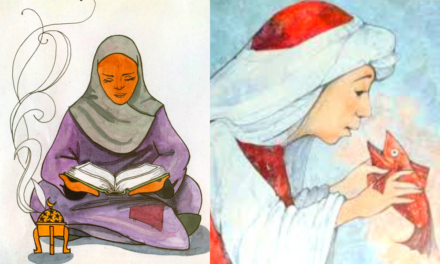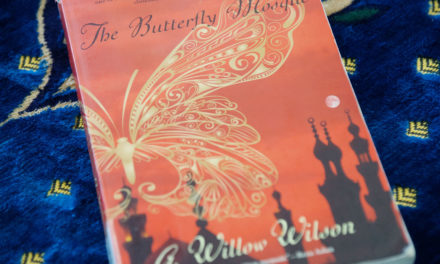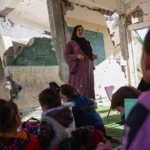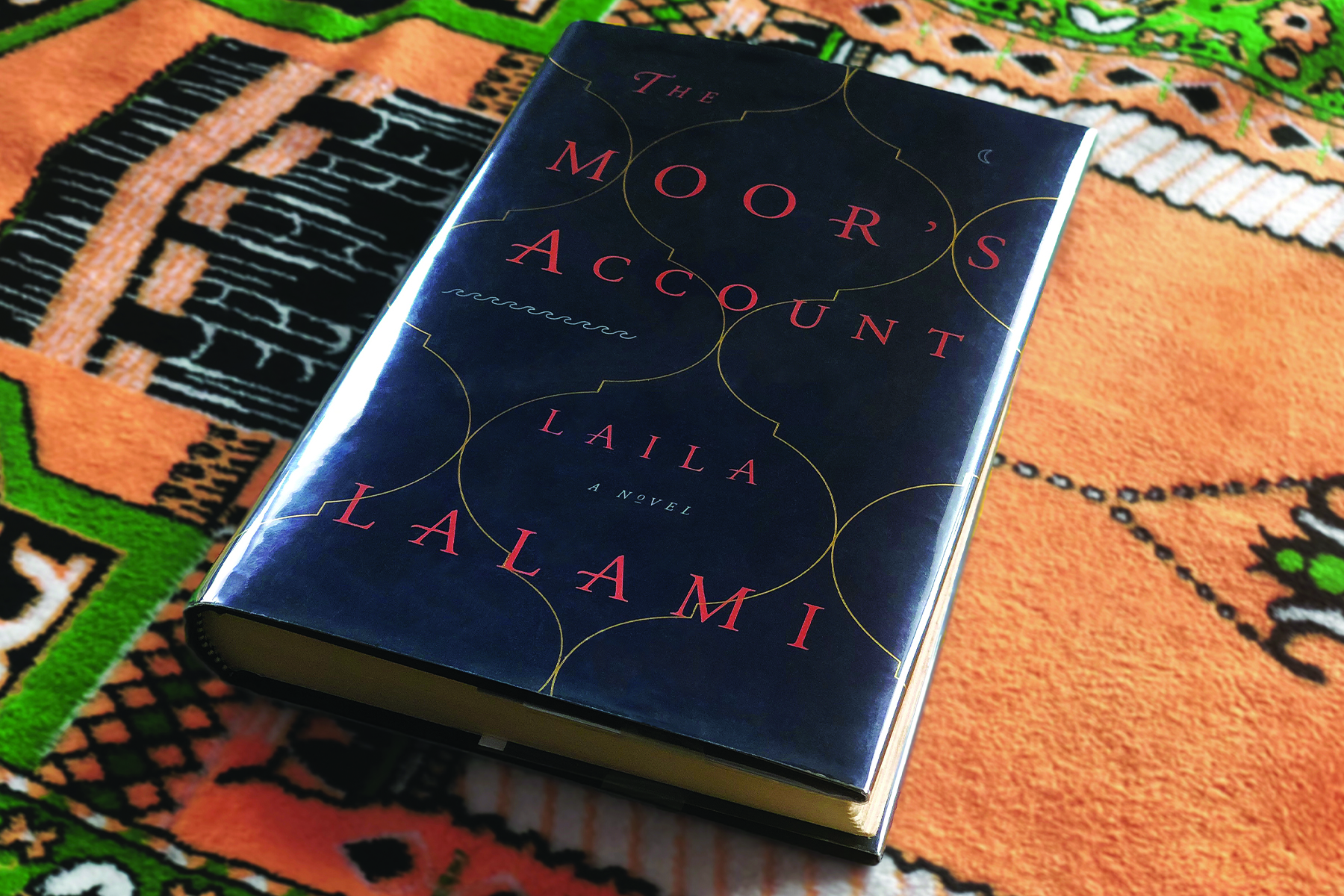
United Talent Agency
Elise Bellin, Librarian of the Islamic Resource Center, wrote this book review as part of an ongoing series that focuses on a range of books within the IRC collection as a service to the community.
The Moor’s Account
by Laila Lalami, © 2014 – ISBN: 9780307911667
Little is known of the ill-fated mission of Spanish conquistador Panfilo de Narvaez in 1527 to claim the newly discovered La Florida, and what happened to the four survivors before they were discovered by Spanish slavers in indigenous clothing among South American natives, save what is written of in his cleansed “official” travelogue published for a Spanish audience secure in the knowledge that they were God’s chosen conquerors. Less is known about the Moorish slave, Estebanico – the only non-Spanish, non-free member of these four survivors, save the single line in the introduction to the travelogue stating the names of these four individuals.
One line in an account of events in which he is one of only four survivors from a contingent that had started out as five ships, more than 600 strong in men and at least 100 horses, in an extraordinary endeavor that most certainly saw him participating, especially as the number of men dwindled, in an ever increasingly important role. That is all he was given.
It is to correct this injustice that Laila Lalami, author of Hope and Other Dangerous Pursuits and The Secret Son and winner of numerous awards, seeks to address in her book, The Moor’s Account. Told from “Estebanico”’s point of view, we are given his backstory and even his birth name, Mustafa ibn Muhammad ibn Abdussalam al-Zamori, and in a tale of true redemption, we are shown his fall from grace that landed him in the position of slave to the Castilian conquistador that set him on this path. We are shown in brilliant prose a different point of view of the tragedy and in showing how some people in history are truly more equal than others, a true insight into the state of global affairs that rings true even today.
In a genre that can easily turn into stories we have heard over and over throughout time, Lalami manages a fresh and invigorated exploration of a time period not often explored, at least not in North American history. We are given an intelligent voice that is both compatriot and outsider, participant and observer. We are treated to an incredible tale and are truly enlightened by the experience. For those that want a fresh take on history, this just might be your next great read.
Founded in 2010, the Islamic Resource Center (IRC) is the first Islamic public lending library in Wisconsin. The IRC aims to provide resources to educators, students, health professionals, interfaith groups, and any members of the Milwaukee community that want an accurate understanding of the Islamic faith, its practices, and its people.
